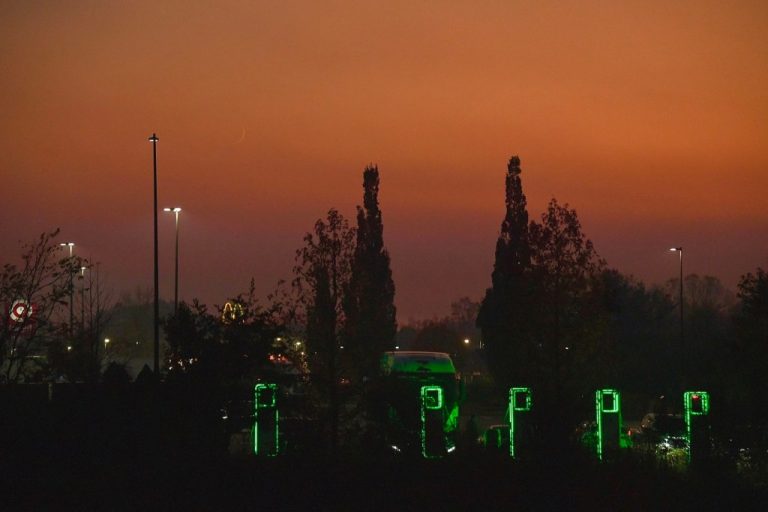
Maryland officials on Thursday lifted a ban on outdoor burning that had been in place for about 20 days.
After less than an inch of rain fell in the Baltimore area Wednesday night during a thunderstorm, the Maryland Department of Natural Resources reassessed weather and ground conditions and lifted the ban, according to a news release. According to the National Weather Service, precipitation in the Charm City has dropped about 1.41 inches so far in November.
State officials are still encouraging residents to avoid lighting outdoor fires if possible as the state is suffering from a drought. Some places have enacted their own burn bans, and those bans may still be in effect, the DNR reported.
“Maryland residents have been very cooperative during the moratorium, and as a result, new wildfire outbreaks have decreased since the moratorium was implemented on November 1,” said Chris Robertson, state fire chief for the Maryland Forest Service. “In the past For weeks, a statewide burn ban is a critical tool in minimizing damage.”
In October, Maryland State Fire Department firefighters extinguished 50 wildfires, burning approximately 117.8 acres. During the month, Baltimore received 0.36 inches less precipitation than normal of nearly 4 inches.
In November, after the moratorium took effect, Forest Service crews responded to 33 fires burning about 48 acres, an improvement but still nearly twice the 10-year average for November.
Overall, this year's fires are smaller, with each fire the Forest Service handled this fall burning an average of 2.1 acres.
But a larger incident at the Aberdeen Proving Ground firing range made headlines in November, sending smoke spreading around the Route 40 corridor. A spokesman for the military base said at the time that the fire affected about 1,000 acres.
The National Oceanic and Atmospheric Administration said research shows climate change could lead to longer and more active fire seasons in some parts of the world, including in the western United States.
“Human-caused climate change is causing warmer temperatures and drying of the atmosphere, causing forest fuels to become drier during fire seasons,” the National Oceanic and Atmospheric Administration's webpage reads.
To conduct outdoor fires safely, the DNR recommends avoiding burning on windy days, having hand tools and water hoses nearby, keeping a safe distance from homes and other structures, and avoiding leaving fires unattended.
Have a news tip? Contact Christine Condon at chcondon@baltsun.com, 667-256-6883 and @CChristine19 on X.
